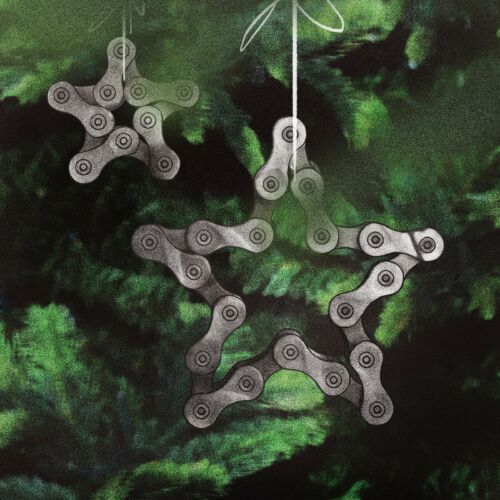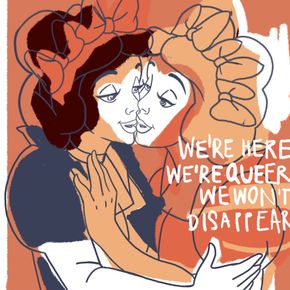The impact of clouds on global warming and NASA research
While West Antarctica is one of the fastest warming places on Earth, the eastern part of Antarctica is warming much more slowly. In some areas, it is even colder than it was between 1951 and 1980. Scientists believe the reason is, among other factors, the ozone hole, which “alters the circulation of weather-controlling winds so that it hinders the escape of cold polar air”, – says Robert Rohde, chief scientist at Berkeley Earth. “Antarctica and much of the global south are warming more slowly than areas in the north,” adds Gavin Schmidt, director of NASA’s Goddard Institute for Space Studies. India is one of the slowest warming areas, partly because of another by-product of greenhouse gas emissions: air pollution.
“We have found evidence of the effect of clouds on global warming,” says Paulo Ceppi, a climatologist at Imperial College London. Scientists have long known that the effect of clouds on climate is twofold: they reflect light, creating a cooling effect, but they also have a warming effect – some types of clouds insulate the Earth’s radiation, keeping the planet warm. Now the researchers also know that which effect is more substantial depends on the type of cloud. Cirrus absorbs and traps more radiation, warming the Earth, while stratus or stratocumulus reflects more sunlight, cooling our planet.
NASA will conduct the first global comprehensive study of oceans, lakes and rivers from space, which is expected to shed new light on the mechanics and consequences of climate change. The project will use surface water and ocean topography (SWOT).


























